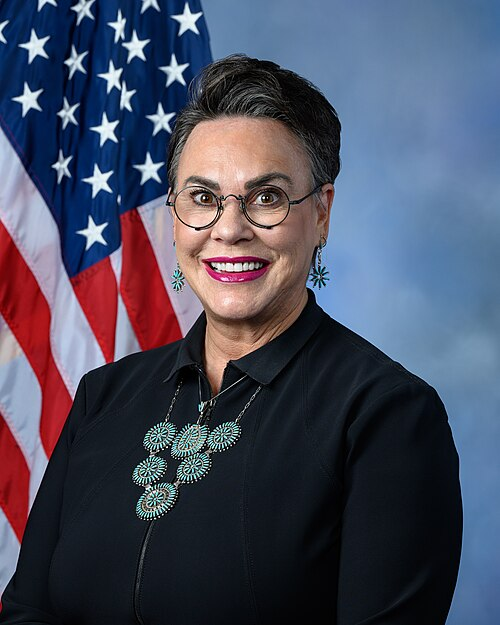H.R. 4670: To subject emergency legislation enacted by the District of Columbia Council to expedited congressional disapproval procedures.
This bill proposes amendments to how emergency legislation enacted by the District of Columbia (D.C.) Council is handled in terms of congressional oversight. Here are the key points of the bill:
1. Congressional Disapproval Procedures
The bill aims to modify existing procedures regarding emergency acts passed by the D.C. Council. Specifically, it includes the following changes:
- The D.C. Home Rule Act will be amended to allow Congress to disapprove emergency legislation more swiftly.
- Legislation that the D.C. Council determines needs to take immediate effect due to emergencies will still come into effect immediately but is subject to congressional review.
- Congress can enact a joint resolution of disapproval to reject the emergency legislation within a specified period, which is now proposed to be ninety days unless the disapproval resolution is passed sooner.
2. Legislative Process for Emergency Acts
The bill stipulates that:
- If the D.C. Council approves an emergency act that needs immediate effect, the Chairman of the Council must transmit this act to the Speaker of the House and the President of the Senate within three session days after enactment.
- This provision creates a formal mechanism for Congress to review and potentially disapprove emergency legislation, providing a check on the D.C. Council’s legislative power.
3. Redesignation of Legislative Provisions
The bill also involves a redesignation of existing legislative paragraphs in the Home Rule Act to accommodate the new provisions regarding emergency legislation and congressional disapproval procedures.
4. Potential Impact on Local Governance
By allowing Congress to disapprove of emergency legislation more easily, the bill is likely to reduce the autonomy of the D.C. Council in managing urgent local governance matters. It introduces a more scrutinized process for handling emergencies at the local level that may require immediate attention.
5. Scope of Emergency Acts
The bill does not define the specific types of emergencies that would trigger this expedited process, leaving some ambiguity about what constitutes an emergency for the purpose of legislative action.
6. Conclusion of Legislative Intent
Overall, the bill seeks to enhance congressional oversight of D.C. Council decisions related to emergency legislation, ensuring a faster pathway for Congress to intervene if it disagrees with such decisions. This reflects an effort to balance local governance with federal oversight.
Relevant Companies
None found
This is an AI-generated summary of the bill text. There may be mistakes.
Sponsors
1 sponsor
Actions
2 actions
| Date | Action |
|---|---|
| Jul. 23, 2025 | Introduced in House |
| Jul. 23, 2025 | Referred to the Committee on Oversight and Government Reform, and in addition to the Committee on Rules, for a period to be subsequently determined by the Speaker, in each case for consideration of such provisions as fall within the jurisdiction of the committee concerned. |
Corporate Lobbying
0 companies lobbying
None found.
* Note that there can be significant delays in lobbying disclosures, and our data may be incomplete.
Potentially Relevant Congressional Stock Trades
No relevant congressional stock trades found.
